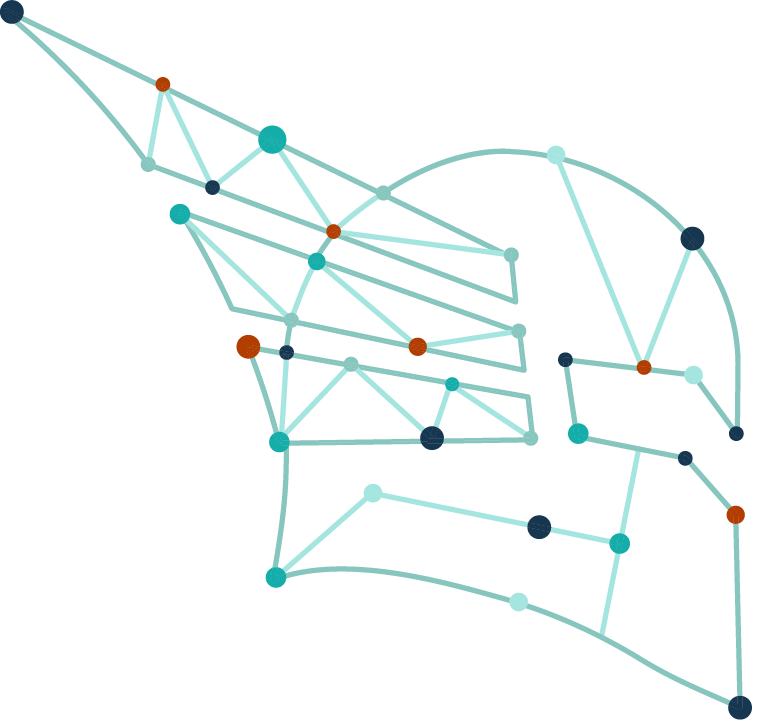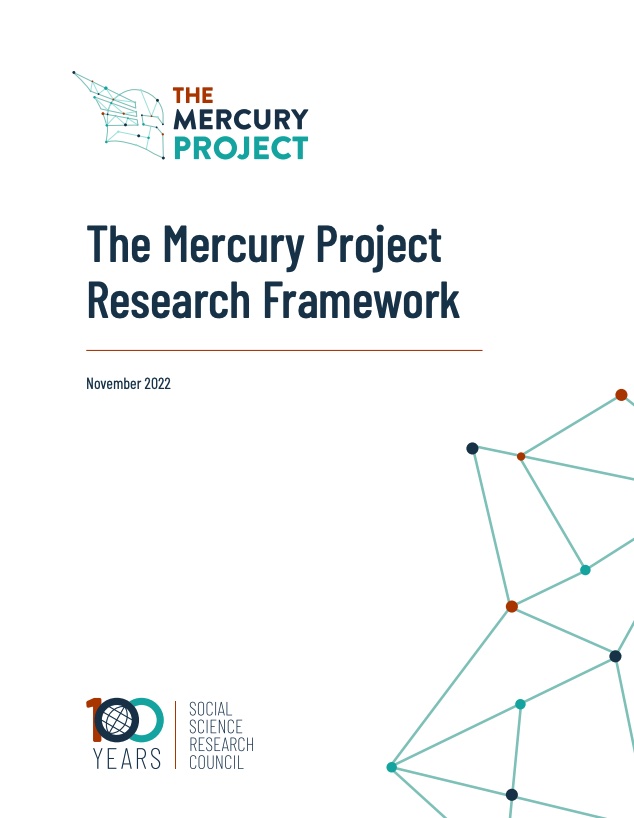ABSTRACT
In Tanzania, local radio stations—including station managers, journalists, and DJs—act as trusted messengers and influencers. Early in the Covid-19 pandemic, media restrictions limited the ability of radio to respond to Covid-19. Now, with restrictions loosened, local radio stations generally want to serve their communities with accurate and relevant public health information, but often lack the capacity to do so effectively. An interdisciplinary team will partner with local radio stations to assess a four-month nationwide radio campaign that combines common drama content and radio-specific content relating to a variety of health issues about which inaccurate and misleading information is prevalent. Researchers will randomly assign 25 local radio stations (a mix of for-profit, community, and donor-driven radio) to air this campaign, with another 25 stations acting as a control group. A subset of villages covered by treated radio stations and served by particular health facilities will also receive an in-person mobilization campaign to stimulate audience interest, while a separate study will assess the impact of incentivized exposure to the campaign. Over two years, researchers and radio stations will assess the impact of the program on Covid-19 vaccination knowledge, attitudes, and uptake, as well as trust in and use of essential health services more broadly. Beyond the campaign’s immediate impact, researchers hope that the project will equip interested parties at local radio stations with the knowledge and skills to recognize and dispel inaccurate and misleading information as it emerges.


